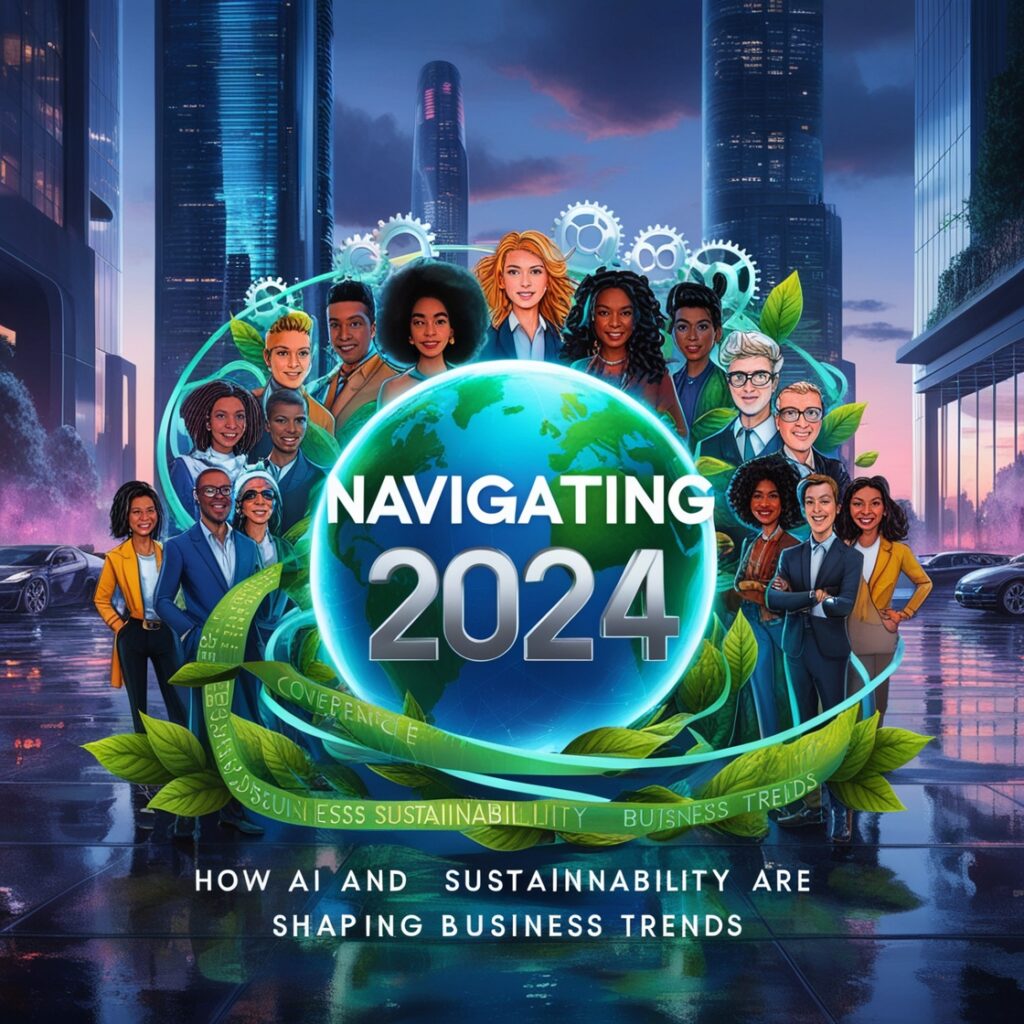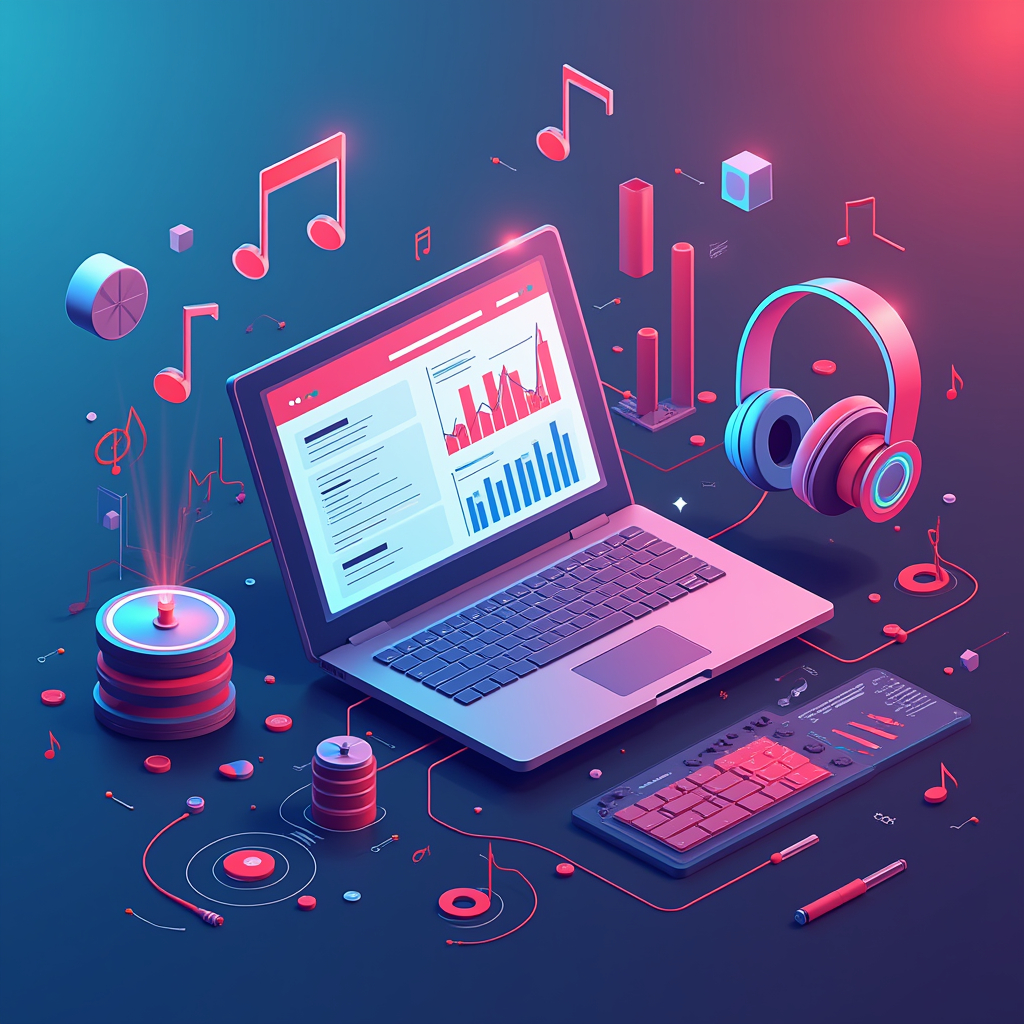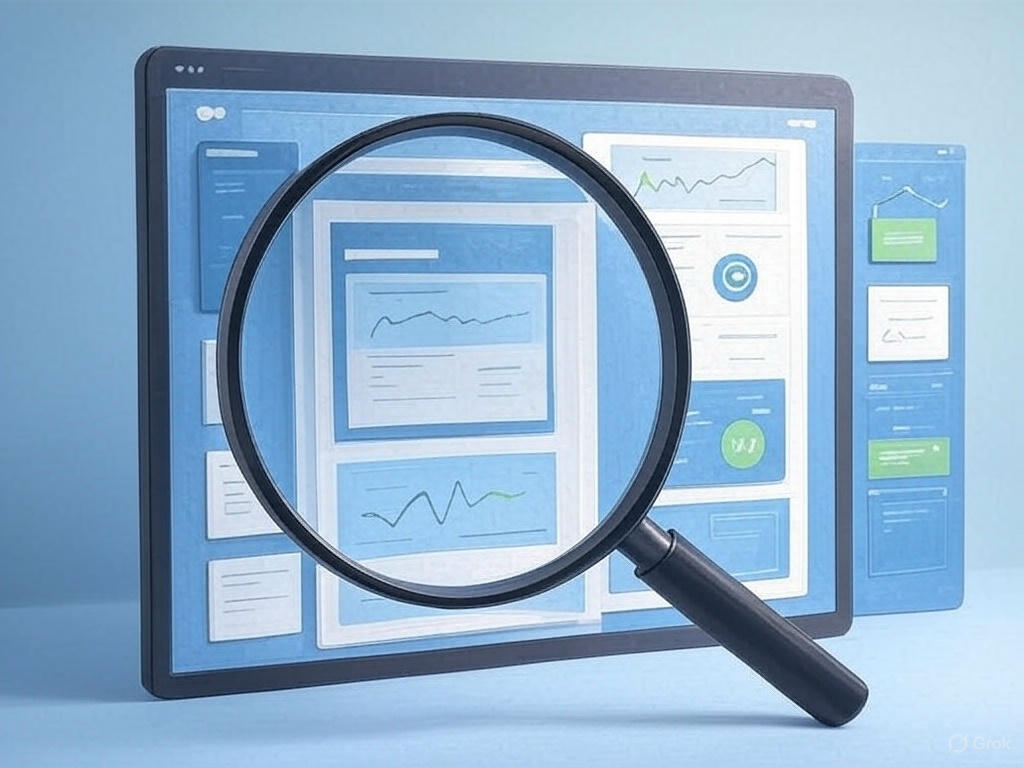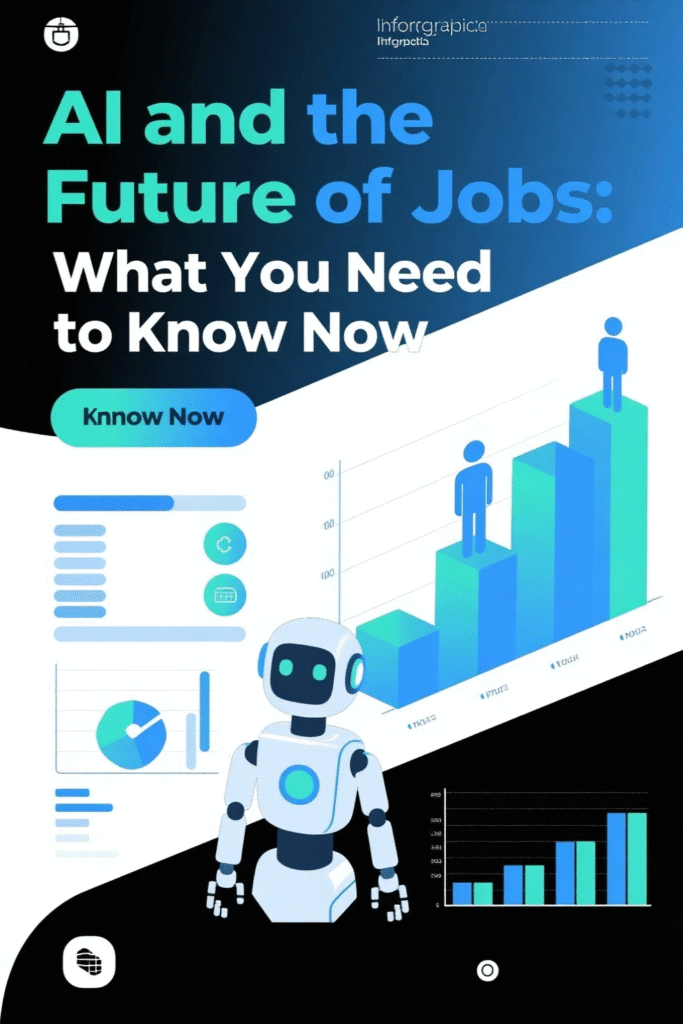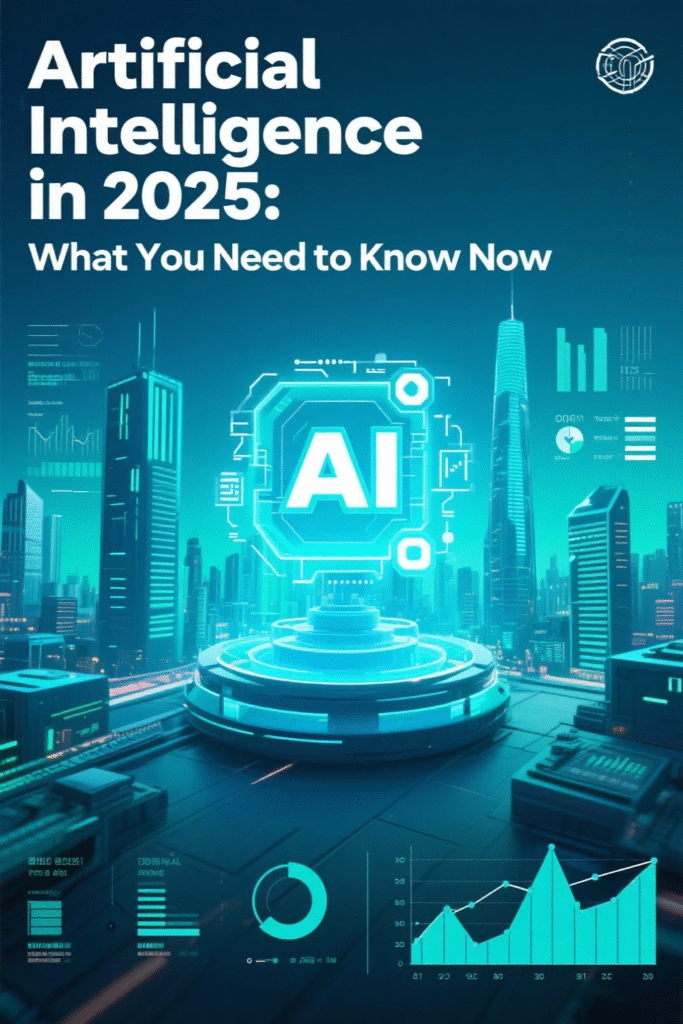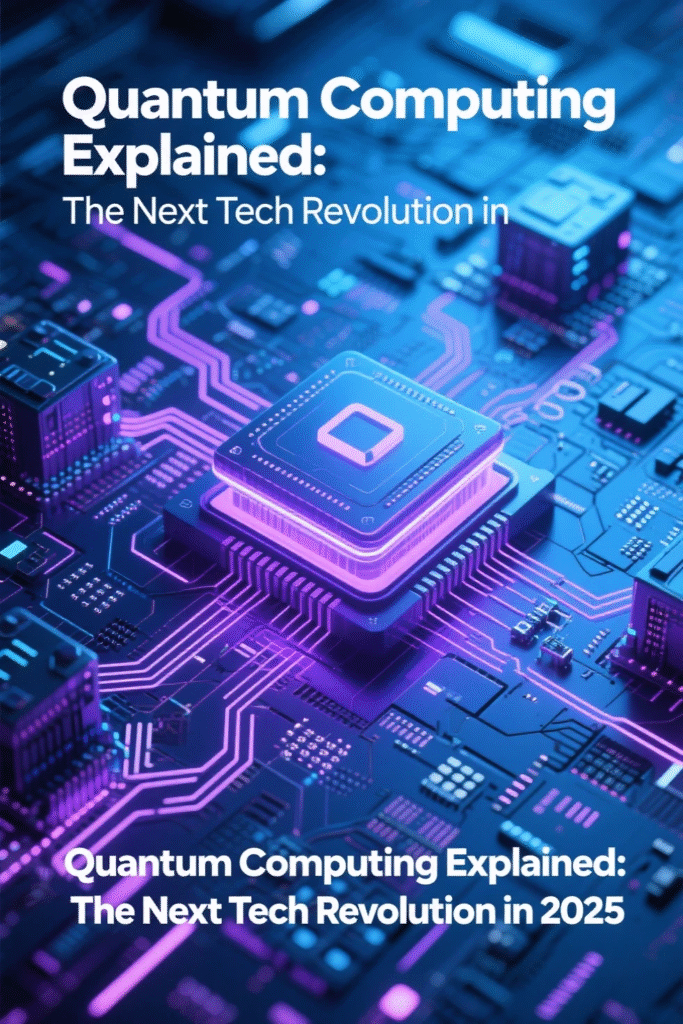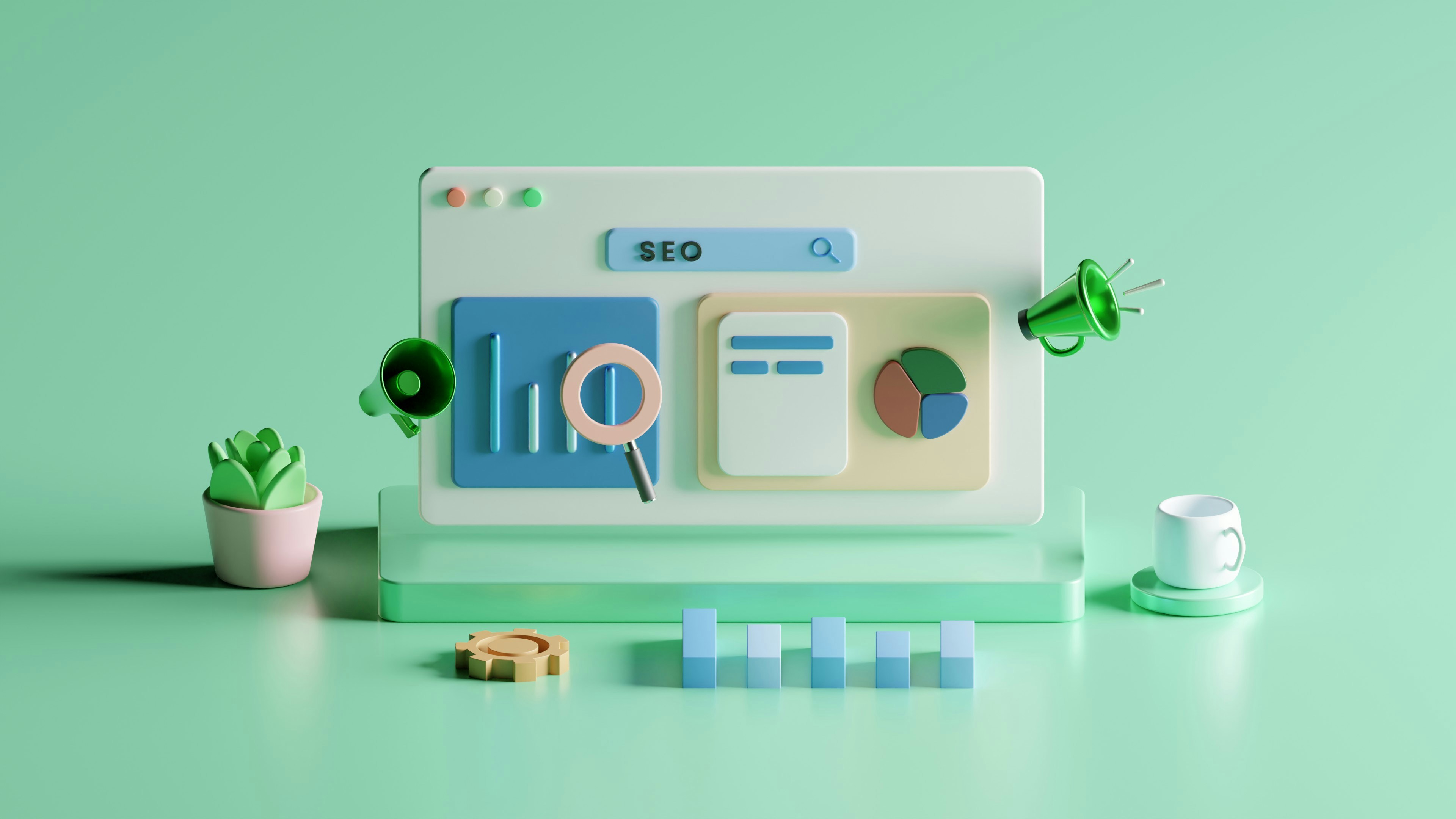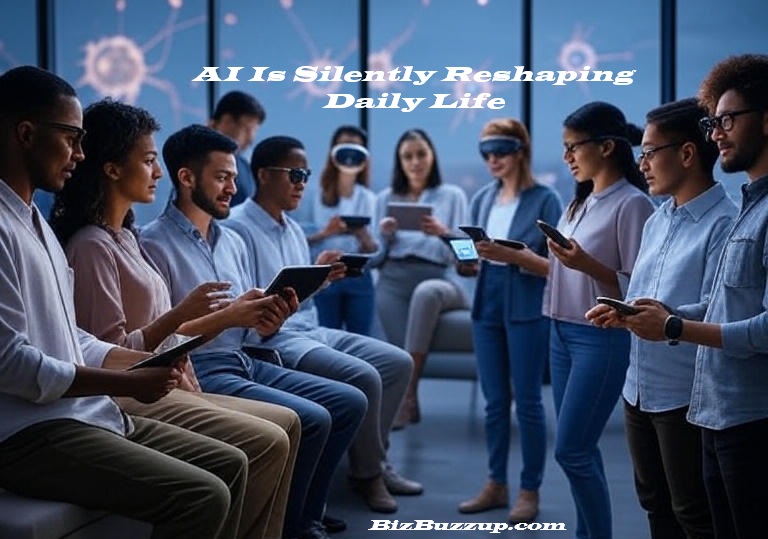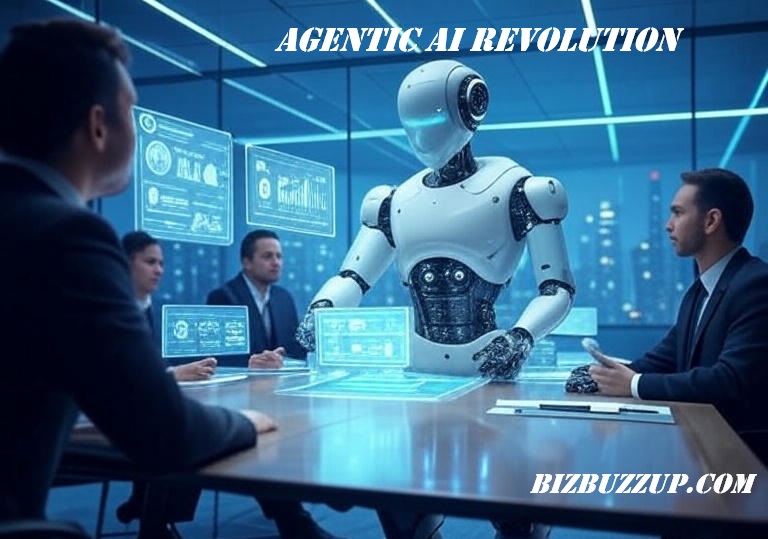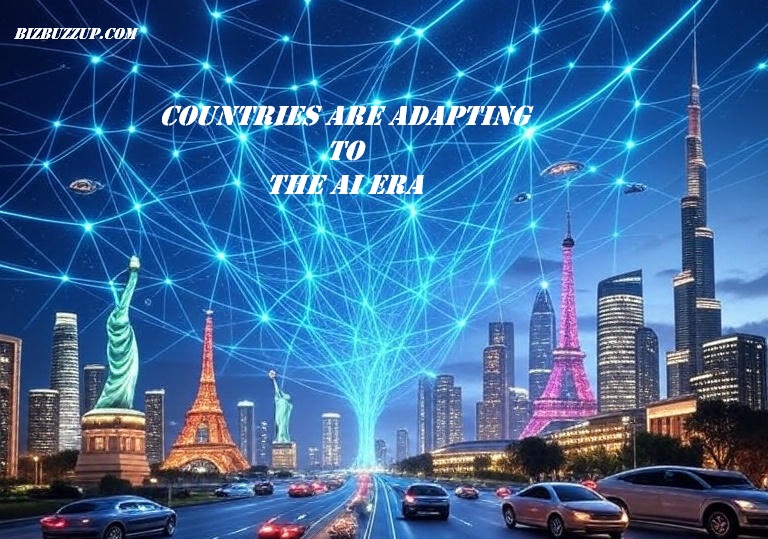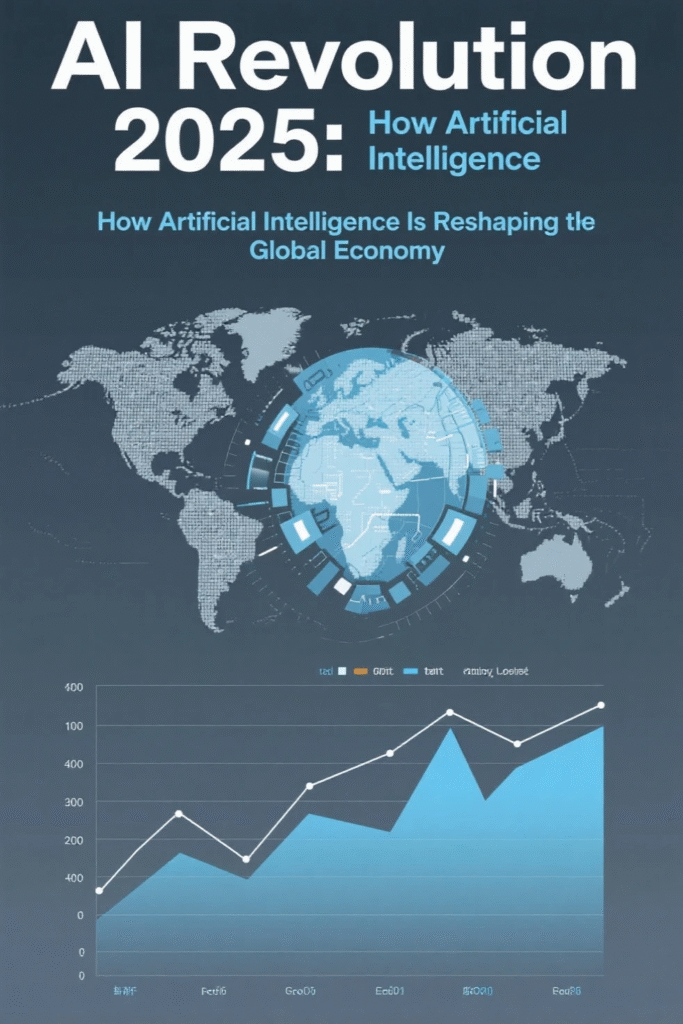
AI Revolution 2025: How Artificial Intelligence Is Reshaping the Global Economy
By Bizbuzzup
Introduction
The year 2025 marks a seismic shift in how businesses, governments, and societies function. At the heart of this transformation is Artificial Intelligence (AI)—no longer a futuristic concept, but a present-day economic engine. From chatbots replacing call centers to robot lawyers, and AI-driven stock trading, the rise of intelligent machines is redefining global economic structures.
This article explores:
- Passion to Paycheck: The New Creator Economy
- Artificial Intelligence in 2025: What You Need to Know Now
- Artificial Intelligence in 2025: Revolutionizing the World or Raising Alarms?
- AI and the Future of Jobs: What You Need to Know Now
1. The Economic Impact of AI in 2025
According to the World Economic Forum (WEF), AI is expected to contribute over $15.7 trillion to the global economy by 2030—and we’re already seeing the effects in 2025.
Key Developments This Year:
- AI productivity tools are now embedded in 90% of enterprise software
- Generative AI is automating content creation, coding, and design
- AI-powered logistics cut shipping costs by 20–30% across industries
- Digital twins of supply chains now enable real-time risk management
Major tech players like Google, Microsoft, and are driving innovation, while countries like China, India, and the UAE invest billions into AI research and national strategies.
2. Industries Disrupted (and Rebuilt)
🚚 Logistics & Transportation
AI is optimizing routes, managing warehouse robots, and predicting maintenance before breakdowns happen.
Impact:
- Self-driving fleets in Europe reduce costs and delivery times
- Amazon’s AI warehouse management system increases efficiency by 40%
🏥 Healthcare
AI is assisting doctors in diagnostics, drug development, and robotic surgery.
Example: DeepMind’s AI diagnosed over 50 types of eye diseases with higher accuracy than specialists.
🎓 Education
Adaptive learning platforms use AI to personalize curricula.
Impact: Student performance has improved by 15–20% in pilot schools across Finland and South Korea.
🏦 Finance
AI now handles fraud detection, credit scoring, and even asset management.
Example: Goldman Sachs’ AI division launched a fund that outperformed human traders by 12% last quarter.
3. The Labor Market: Jobs Lost and Jobs Created
The most controversial aspect of the AI revolution is its impact on employment.
Jobs at Risk (2025 estimates):
- Call centers (80% replaced by chatbots)
- Data entry clerks
- Telemarketers
- Retail cashiers
Jobs in High Demand:
- AI ethicists
- Prompt engineers
- Cybersecurity analysts
- Machine learning developers
- AI system trainers
The International Labour Organization (ILO) predicts a net gain of 58 million jobs globally, thanks to AI—but with a major skills shift required.
4. How Governments Are Responding
Countries are scrambling to keep up with the pace of change.
🇺🇸 United States
- Passed the AI Accountability Act, regulating data transparency and fairness
- Launched a $10 billion workforce reskilling initiative
🇨🇳 China
- Accelerated its AI 2030 strategy, focusing on smart cities, defense, and healthcare
- Invested heavily in AI chips and edge computing
🇪🇺 European Union
- Enforced the AI Act, restricting high-risk applications (e.g., facial recognition)
- Required algorithmic audits and ethical compliance certifications
5. The Ethics and Dangers of AI
AI’s rise brings undeniable benefits, but also serious concerns.
Key Issues:
- Bias in AI models (e.g., racial, gender, economic)
- Job displacement without support
- Surveillance capitalism
- Deepfakes and misinformation
- AI in warfare
Organizations like the Future of Life Institute and UNESCO are pushing for global AI governance to ensure responsible development.
6. AI for Small Businesses and Entrepreneurs
AI is not just for tech giants. In 2025, small businesses are leveraging:
- AI chatbots for 24/7 customer support
- Automated marketing tools for email and content
- AI design assistants for logos and websites
- Predictive analytics for sales forecasting
Platforms like ChatGPT, Jasper, Midjourney, and Canva AI have democratized access to intelligent tools—leveling the playing field for solo entrepreneurs.
7. What’s Next?
Multimodal AI (text, video, speech, and image combined) is reshaping creative industries.
AI-human collaboration tools will redefine productivity (e.g., co-writing, co-designing).
The line between synthetic and human content will blur further—raising new legal and cultural questions.
As AI matures, those who adapt and reskill will thrive. Those who resist may be left behind.
Final Thoughts
The AI revolution isn’t coming—it’s here. In 2025, artificial intelligence is no longer a “nice to have.” It’s a core economic engine, creative partner, and competitive advantage.
The future belongs not to the strongest or richest, but to the most adaptable. Whether you’re a student, employee, or entrepreneur, the AI era demands curiosity, flexibility, and continuous learning.
Are you ready to hack your future with AI?
By Bizbuzzup
By Bizbuzzup
© 2025 Bizbuzzup. All rights reserved.

